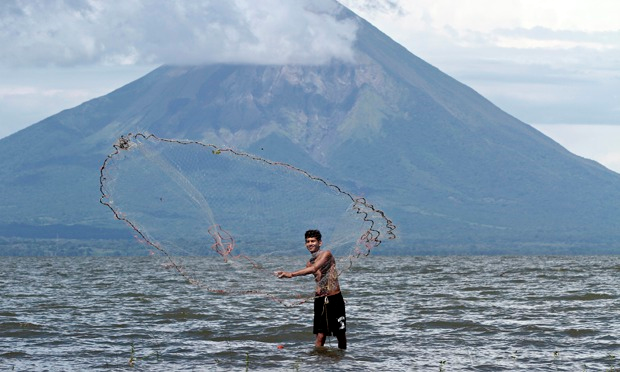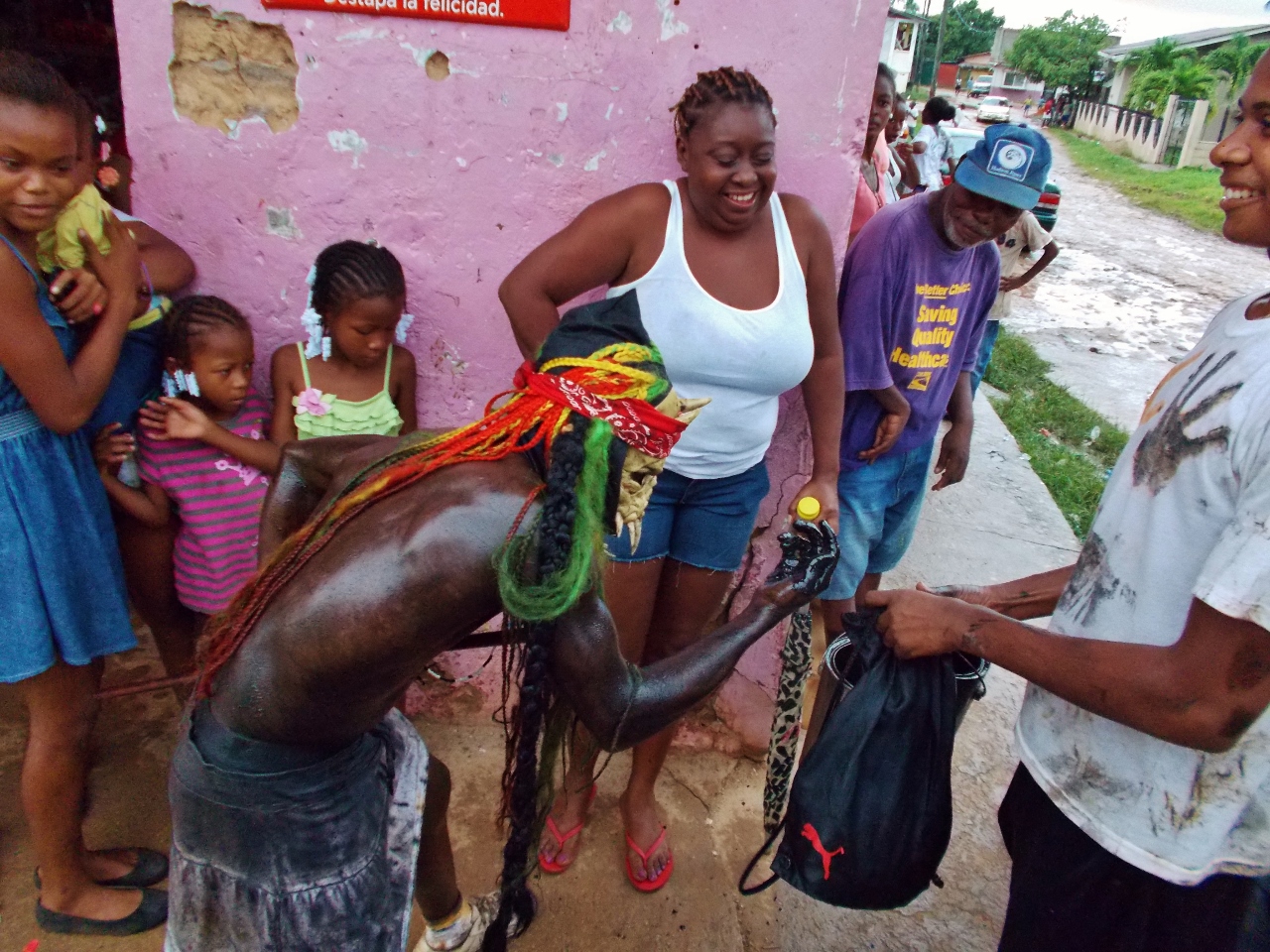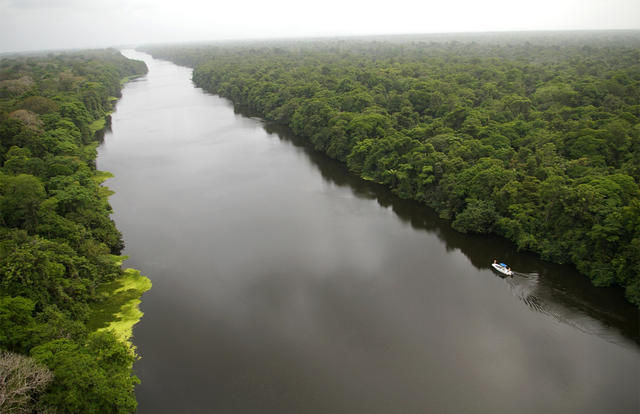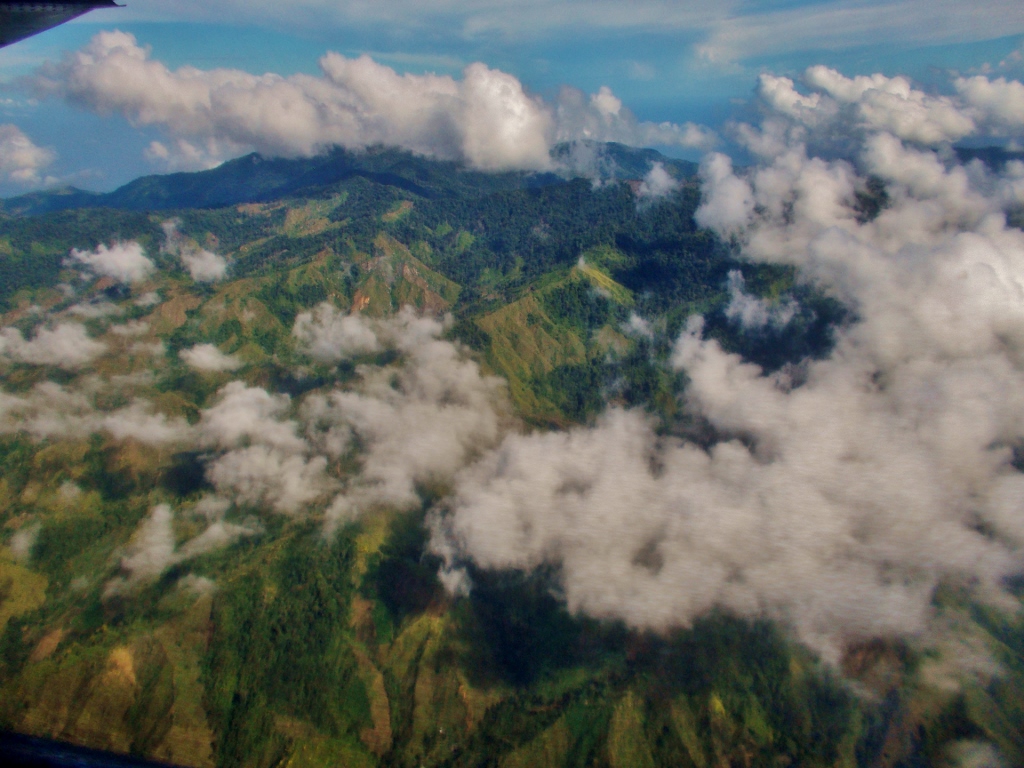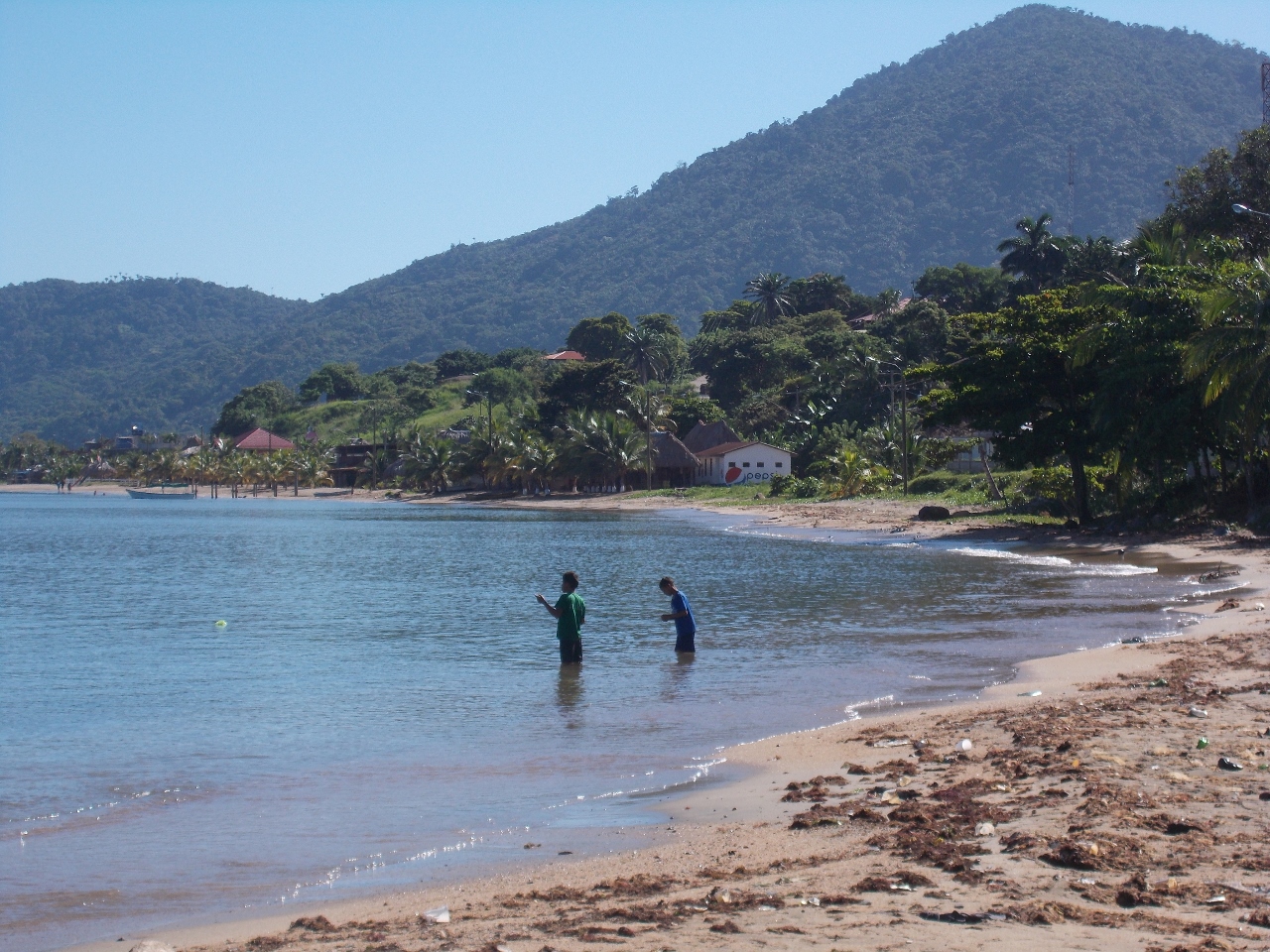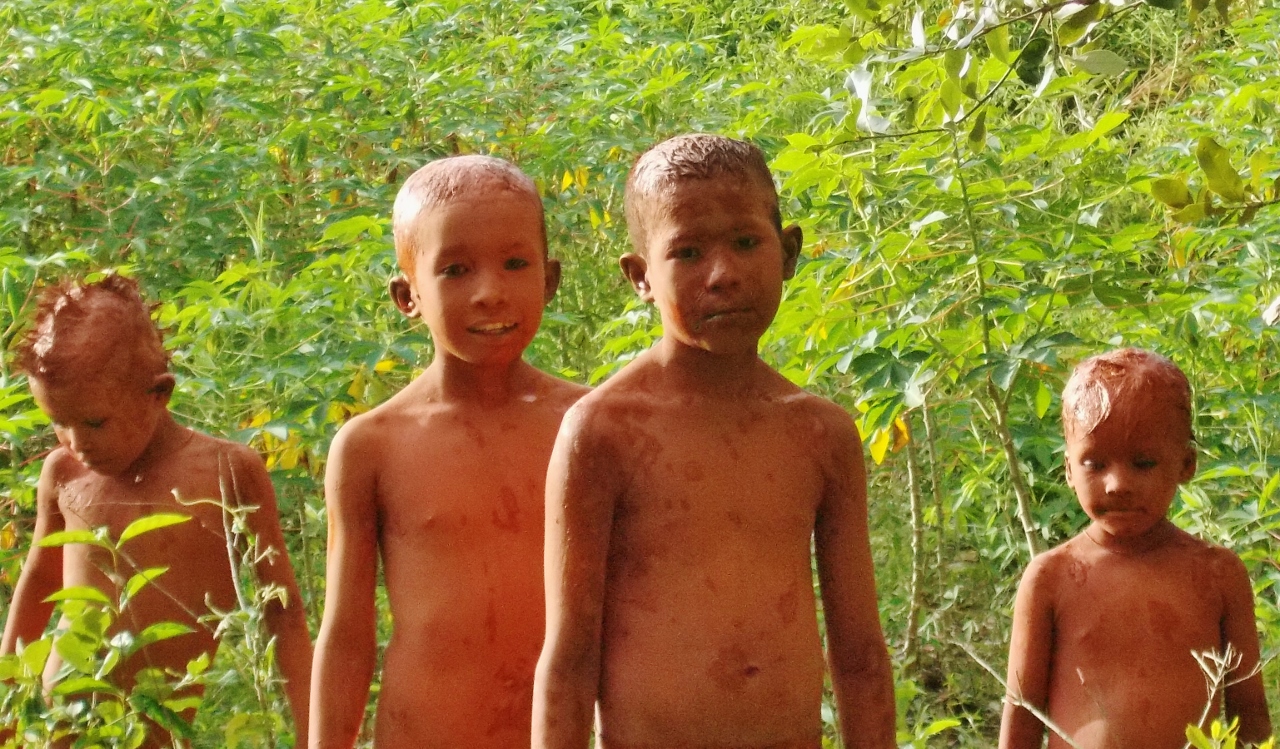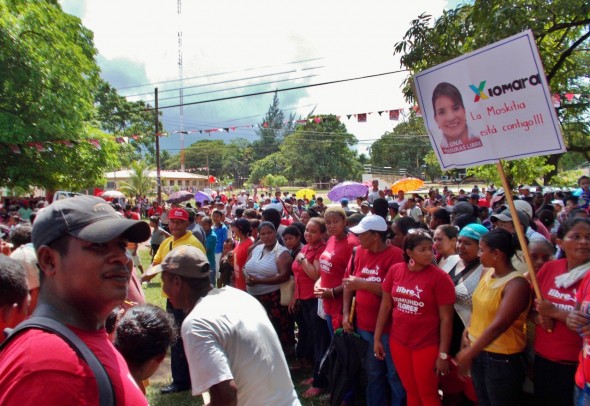The Association for Tropical Biology and Conservation (ATBC) — the world’s largest association of tropical biologists and conservationists — warns about the impact on water security and indigenous people from Nicaragua’s Gran Canal.
Tag: Central America
Garifuna Culture in Honduras: Dancing in a Changing World
Honduras’ Garífuna people, with their rich culture and homeland spread across the Caribbean Coast of Central America recently asked an international court in Costa Rica to help them recover ancestral land, which they say has been lost to development. We present the dark and the light of this vibrant way, threatened by neoliberal development schemes, palm oil plantations, mega-tourism, and drug trafficking.
Great Canal of Nicaragua: Environmental Ruin and Fiscal Folly
A planned 300-kilometer Nicaraguan canal joining the Pacific and Atlantic Oceans could wreak environmental and cultural ruin, home of the Miskitu and other indigenous groups. Sam Gordon argues that many of the issues and impacts are hidden from public view and should require an independent environmental assessment.
Honduras: Narcotrafficking Leads to Native Dispossession, Deforestation
In the isolated region of La Mosquitia, Honduras, narco-traffickers act as shock troops in the assault on native Miskitu, Tawahka, and Pech homelands, ruthlessly dispossessing residents and rapaciously converting forest commons to private pasture primed for sale to multinational corporations.
Honduras: Mega-Tourism and Garifuna Communities Collide
Canadian “Porn King” Randy Jorgensen’s mega-tourism “development” projects are stirring conflict and destroying Afro-Caribbean Garífuna communities in Trujillo on the north coast of Honduras.
Blessing for La Moskitia, A Culture and Land in Transition
Historically a roadless fishing port with little development nor electricity, Puerto Lempira has transformed into a boom-town, host to drug traffickers, nearby military bases, and oil and gas development. In an effort to overcome this adversity, we participated in a blessing for the people and their land and culture in transition, directed by a local Miskitu sukya, or healer, and members of the community.
Honduran Election: Neoliberal Militarization Versus The People
Military and judicial violence against the public and in post-coup Honduras leading up to the coming November elections are central components of the neoliberal economic takeover. In order to legitimate and secure the economic violence effected against Honduran citizens by multinational corporations, the judiciary criminalizes opposition to them while the military (along with other state security forces) goes after citizen-“criminals” with an iron fist.

